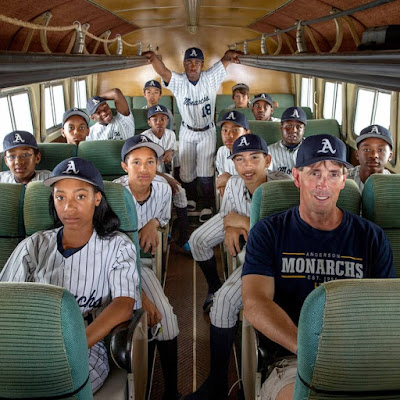
Baseball and Black History
By Frank Bruni
PHILADELPHIA — LAST summer, a 13-year-old named Mo’ne Davis landed on the cover of Sports Illustrated, a national sensation after she pitched a shutout in the Little League World Series, where almost all of the other players are boys. She’s believed to be the only black girl ever to participate in the competition.
This summer, she plans to do something else surprising: Visit the 16th Street Baptist Church in Birmingham, Ala., where four black girls were killed in a 1963 bombing. Three of them were 14. Mo’ne will turn that age on the day she shows up at the landmark.
For Mo’ne, who grew up in a poor neighborhood here, life since her Sports Illustrated coronation has been electric: a meeting with the Obamas at the White House, a quickie memoir, an appearance in a Chevrolet commercial directed by Spike Lee, even a line of sneakers named for her.
But over three weeks in late June and early July, she and 13 other kids on her team here — the rest of them boys, most of them black, all roughly her age — have a schedule of exhibition games across the country that mixes exhilarating notes with somber ones.
They’re not just hitting the road. They’re taking it south, into history: the church in Birmingham, the bridge in Selma. They’ll play ball, then visit Little Rock Central High School, a battleground in the fight to integrate schools. They’ll swing for the fences, then bow their heads at the house in Jackson, Miss., where Medgar Evers lived.
In a country still lurching toward racial harmony and looking to give underprivileged kids more grounding, grit and hope, it’s a compelling itinerary. And at a time when corruption and criminal behavior have cast a pall over soccer, football, boxing and more, it’s a feel-good reminder of the positive impact that athletics can have on young people — on the way in which sports, too, can be a bridge.
Mo’ne told me that she relished the trip as a tribute to trailblazers who “put their lives out there and got beaten so that we could have the freedom we have.”
But she’s also braced for sadness, particularly in that church, with the ghosts of those girls.
“I do feel really bad, because they could have changed the world,” she said. “And for them to lose their lives at such a young age? You never know what they could have done.”

No comments:
Post a Comment